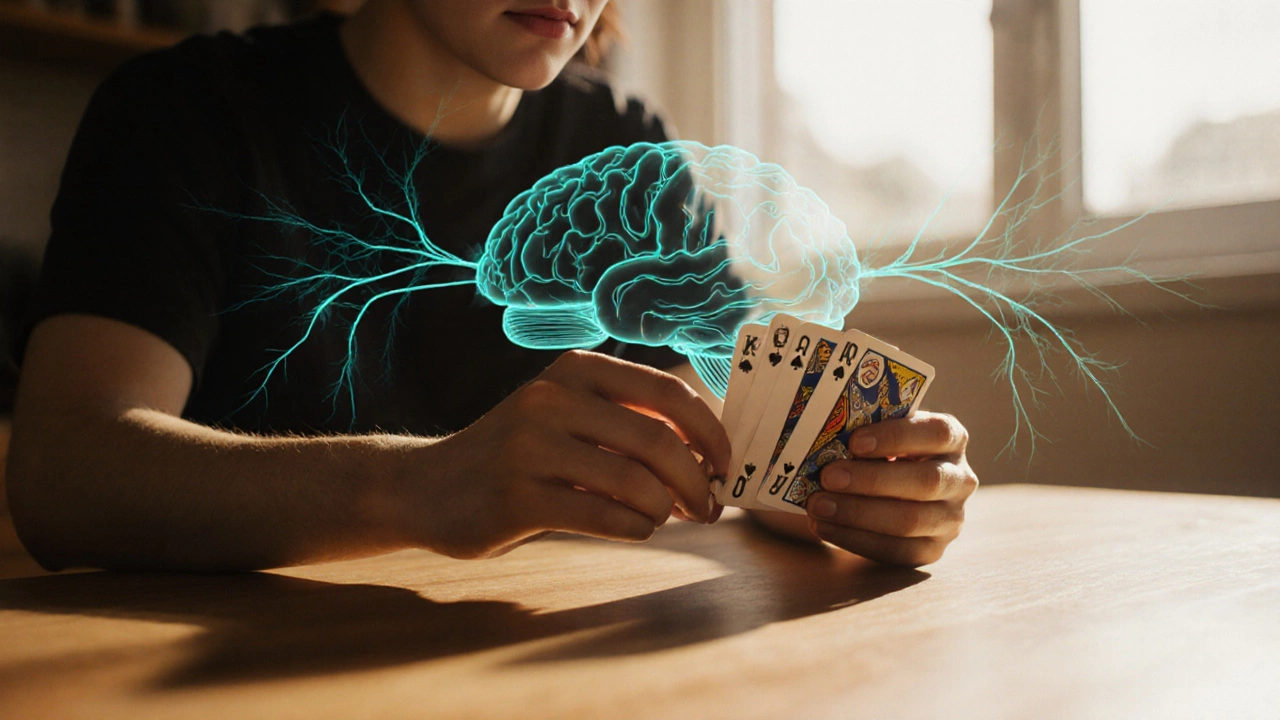Mind Puzzles: Unlock the Secrets Behind Mentalism and Brain Teasers
When working with mind puzzles, a mind puzzle is a challenge that tests perception, memory, and logical reasoning by using tricks, riddles, or illusionary techniques. Also known as brain teasers, it blends curiosity with a dash of mystery. These challenges often overlap with mentalism, the performance art of creating the illusion of reading thoughts, cold reading, a set of observation and suggestion techniques that let a performer appear to know personal details, and psychological illusion, the manipulation of perception using cognitive biases. In short, mind puzzles encompass mentalism tricks, require knowledge of cold reading, and influence how psychological illusion is perceived.
Why Mind Puzzles Matter for Anyone Who Loves Illusion
At their core, mind puzzles are a playground for the brain: they demand pattern recognition, memory recall, and creative problem‑solving. Mentalism, as a related field, relies on the same mental muscles, using misdirection and suggestion to guide an audience’s attention. Cold reading supplies the observational toolkit that turns vague statements into seemingly personal revelations. Psychological illusion ties everything together by exploiting how we process information, making the ordinary feel extraordinary. Because of this web of connections, mastering one area sharpens the others – a classic example of the semantic triple: "mentalism requires cold reading," "cold reading influences psychological illusion," and "psychological illusion enhances mind puzzles." This synergy explains why many magicians and puzzle enthusiasts study all three disciplines together.
Below you’ll find a curated collection of articles that dive deep into each of these topics. From step‑by‑step guides on classic paper‑hole tricks to scientific breakdowns of how mentalists predict the future, the posts cover beginner tips, advanced theory, and real‑world applications. Whether you’re looking to sharpen your perception, add a mind‑bending effect to a performance, or simply enjoy the mental workout, the resources here will give you practical insight and actionable steps. Let’s explore how each piece fits into the larger puzzle and help you become a sharper, more imaginative thinker.

How Magic Tricks Boost Brain Power: Fun Mental Workout
- by Crystal Berry
- on 22 Oct 2025
Discover how practicing magic tricks can sharpen memory, boost attention, and improve problem‑solving skills while having fun.
